Jobs that will exist for decades to come
Future-proof careers
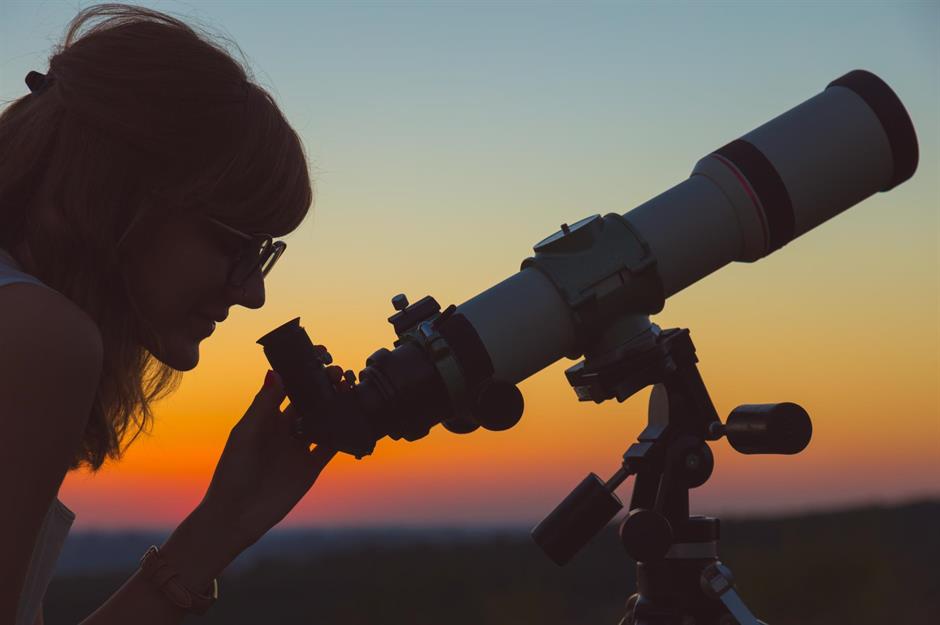
Doctor

Unless humanity miraculously wipes out all forms of disease, we’ll always need medical care. Requiring extensive knowledge, decision-making skills and emotional intelligence, this is one profession unlikely to be replaced by robots anytime soon. That being said, aspects of the role might use artificial intelligence (AI) in years to come: a recent study published in the journal Nature showed that AI outperformed doctors in diagnosing breast cancer from X-rays, for example.
Teacher

Sponsored Content
Scientist

In a world where AI and robotics will play a bigger role, it might seem surprising that human collaboration in the fields of science will increase, creating more, not fewer, jobs. While technology is important to push science forward, we’ll likely always need scientists to work out solutions to the problems of the future, and to decide which areas research should develop.
HR manager

If you work in human resources management, you can breathe a sigh of relief – your job isn’t going anywhere. The global HR management market was valued at $14.7 billion (£11.3bn) in 2018, and the industry is expected to grow by 11% from 2019 to 2025, according to a report by market research firm Grand View Research. Requiring social skills and emotional intelligence, the role can’t be automated.
Sales manager

Sponsored Content
PR manager

CEO

Obviously, the job security of any CEO is dependent on the success of the company in which they operate. Yet the profession is unlikely to fall out of favour anytime soon, nor is it at risk of being automated, as the dynamism and decision-making skills needed by a leader . That’s good news for those in this high-earning career: CEO compensation has increased by a whopping 940% since 1978, according to the Economic Policy Institute, while average worker pay has risen by just 12%.
Journalist

While some types of writing can be done by AI – such as creating posts for social media and even writing some news reports – there are gaping holes in robots’ creative writing abilities. When it comes to the nuances of journalism, AI can’t understand satire or irony, which could lead to some awkward mistakes. Not only that, journalists have to be careful not to publish libellous content, which can often be a nuanced decision that needs to be taken by an individual who can take responsibility in any future legal proceedings. There are also big concerns about the software being hacked or hijacked.
Sponsored Content
Novelist
The concept of writing emerged around 5,000 years ago in Ancient Mesopotamia, and it’s thought that literary texts were developed 500 years after that. As long as humans have read books, we have always needed novelists and writers. Even though the rise of technology has seen entertainment such as television, film, video games and now streaming services take over our free time and people are reading fewer books, novelists and fiction writers aren't likely to be out of a job. In 2019 72% of Americans had read a book over the last 12 months, a figure that has dropped from 79% in 2011, but remains high. In fact, TV shows and films have to be created and written first, and a large majority are developed from novels old and new.
Artist
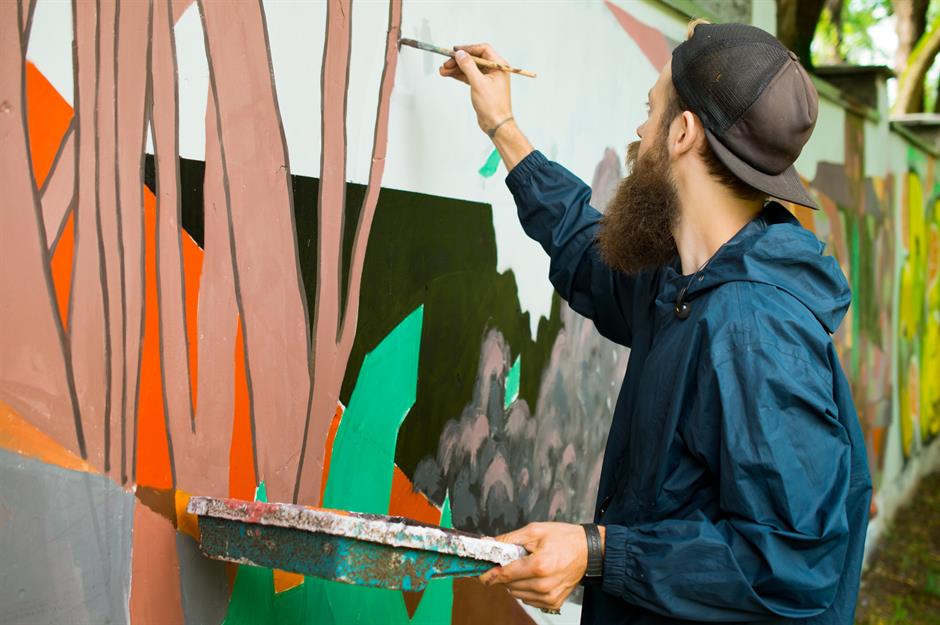
Nanny

Not many of us would feel comfortable putting a robot in charge of our children. While AI can do many things, it can’t develop human compassion and is poor at providing personal support, meaning these roles are likely to be safe for the foreseeable future. Plus, as our population expands the global child day care services market is expected to grow by 22% between 2018 and 2022, so more jobs are being created.
Sponsored Content
Psychiatrist

Modern-day societies are facing a broad range of mental health issues, therefore the need for psychiatrists is higher than ever. In fact, in the US, the demand for psychiatrists outstrips supply. What’s more, these roles require a deep understanding of individual needs – something which AI cannot replicate at the moment.
University professor

As AI chatbots are being used on UK university campuses and AI tutors are being tested in Belgian schools, it would be easy to jump to the conclusion that this profession might be done by robots in a couple of decades. Not so fast. Lecturing and tutoring involve a high degree of creativity, the ability to think on the spot and to discuss complex ideas, all of which are difficult to replace with an algorithm.
Dentist

You might be surprised to learn that dentistry is one of the oldest medical professions, stretching back to 7,000 BC. Nowadays, it’s a high-paying and stable career, with the cosmetic dentistry market predicted to reach a value of more than $32 billion (£24bn) by 2026, according to analysis by market intelligence firm Reports and Data.
Sponsored Content
Occupational therapist

This health and social care-based role involves helping people to overcome barriers, such as physical or mental health problems, in order to complete day-to-day tasks more effectively. The demand for occupational therapists is growing, with an expected increase of 27% between 2017 and 2024 according to the US Bureau of Labor Statistics. Why? An ageing population is a key contributor to the increased demand, as is the realisation that the practice helps to reduce hospital readmission rates.
Chef

The cooking profession has been around for centuries, and while many aspects of restaurants are becoming automated – such as online booking systems and screens for ordering food – the cooking process will likely escape automation. Requiring fine motor skills, robots are unlikely to replicate the fiddly processes involved.
Read more about robots in restaurants and other businesses where robots are already replacing humans
Dietitian or nutritionist
Sponsored Content
Surgeon
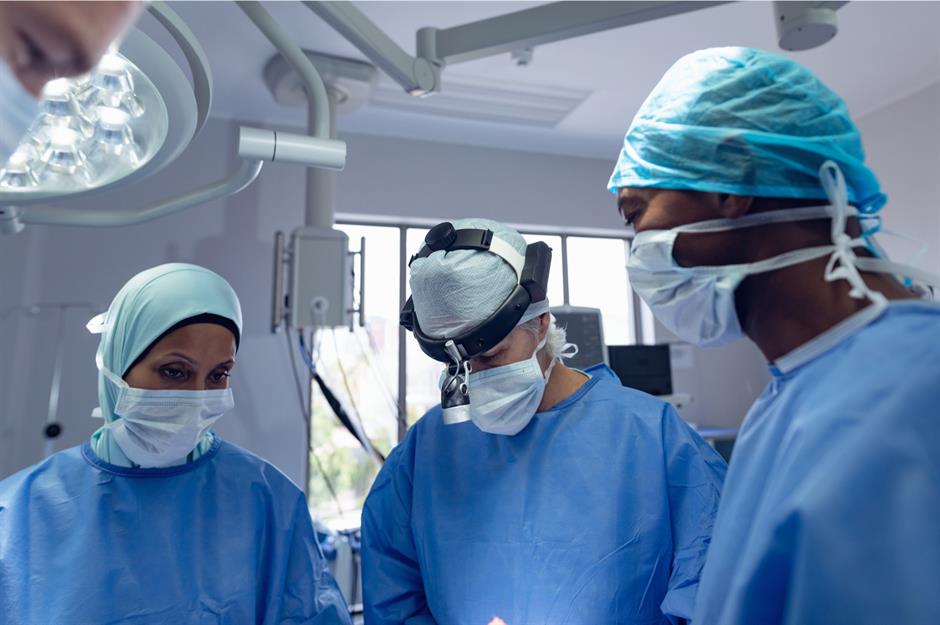
At University College Hospital, London, robot operators are already being used to perform complex operations – spurring fears that the profession could be replaced by robots altogether. There’s just one catch, though: the robot has to be controlled by a human surgeon. While technology is advancing fast, it’s highly unlikely that such procedures will ever be free from human involvement and decision-making.
Social worker

Priest

Sponsored Content
Musician

Supervisor

Computer systems analyst

This is an industry that’s projected to grow over the next few years – by a considerable 9% in the US by 2028, according to analysis from the Bureau of Labor Statistics. Technology has increased, rather than decreasing, the number of roles available in this field.
Find out about the jobs that no longer exist
Sponsored Content
Historian

Requiring critical thinking, interpersonal and reasoning skills, there are many aspects of historians’ jobs that can’t be fulfilled by an algorithm. However, AI might be used to historians’ advantage. In a study led by researchers at the University of Oxford, artificial intelligence was used to explore the reasons behind historical examples of human violence, finding that violence was not innate and was usually caused by a departure from social beliefs.
Model

As virtual reality models gain millions of followers on Instagram, should we be worried about the future of the career path? Probably not. While this technology may be used on online shopping sites and in advertising, humans crave real emotion from models, which is hard to get from VR.
Orthotist or prosthetist
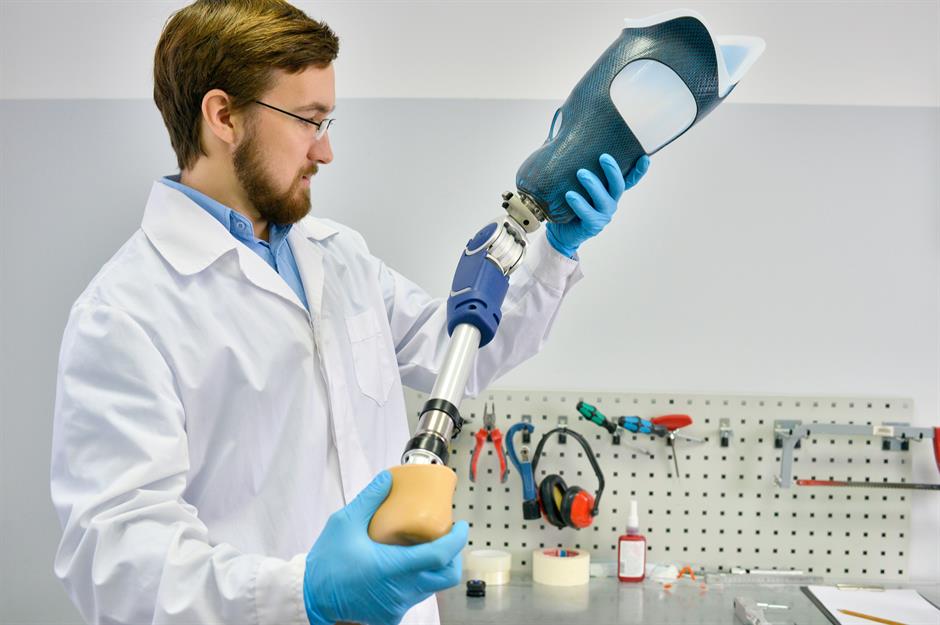
People employed in orthotics and prosthetics are in charge of creating and maintaining prosthetic limbs and other devices which aid mobility. New and emerging technologies, such as microprocessor controlled joints which can adapt to individuals’ mobility needs, have contributed to a high 6.9% growth rate for the industry by 2026.
Discover the most surprisingly dangerous jobs in America today
Sponsored Content
Dancer

Lawyer

Athlete

The main reason we’re interested in athletic feats is because they go to the limits of human possibility. So long as humans are interested in sports, there will always be a demand for athletes. In fact, the history of competitive sports traces its roots back to the Palaeolithic period, as 15,300-year-old cave paintings have been discovered that depict wrestling and sprinting.
Sponsored Content
Astronomer
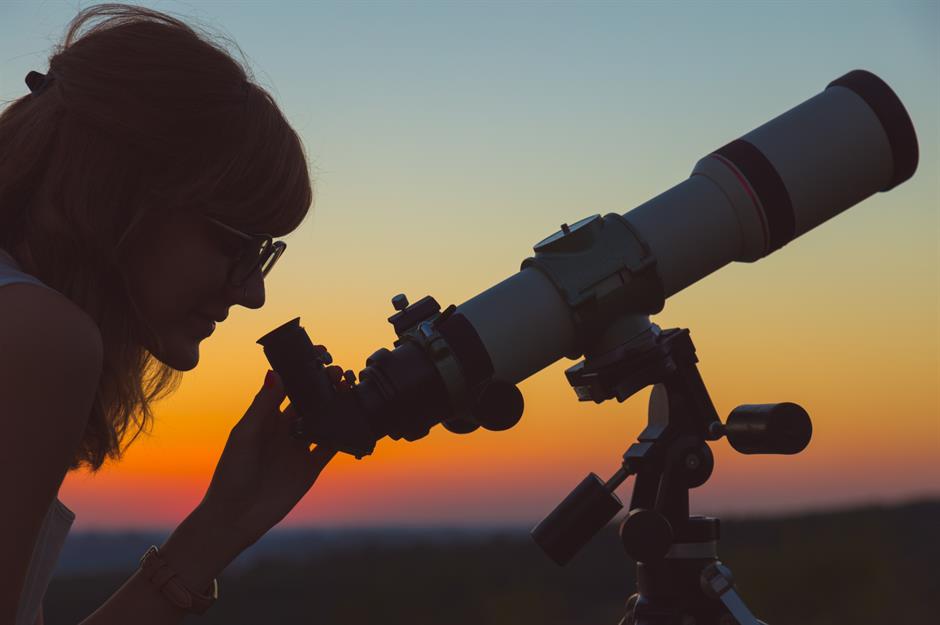
After astronomer Katie Bouman and her team successfully captured the first photograph of a black hole in April 2019, many young stargazers may have been drawn to the field of astronomy. The human fascination with space and what lies beyond our planet continues as most of it remains a mystery to us.
Now read about the new space race: all you need to know
Comments
Be the first to comment
Do you want to comment on this article? You need to be signed in for this feature